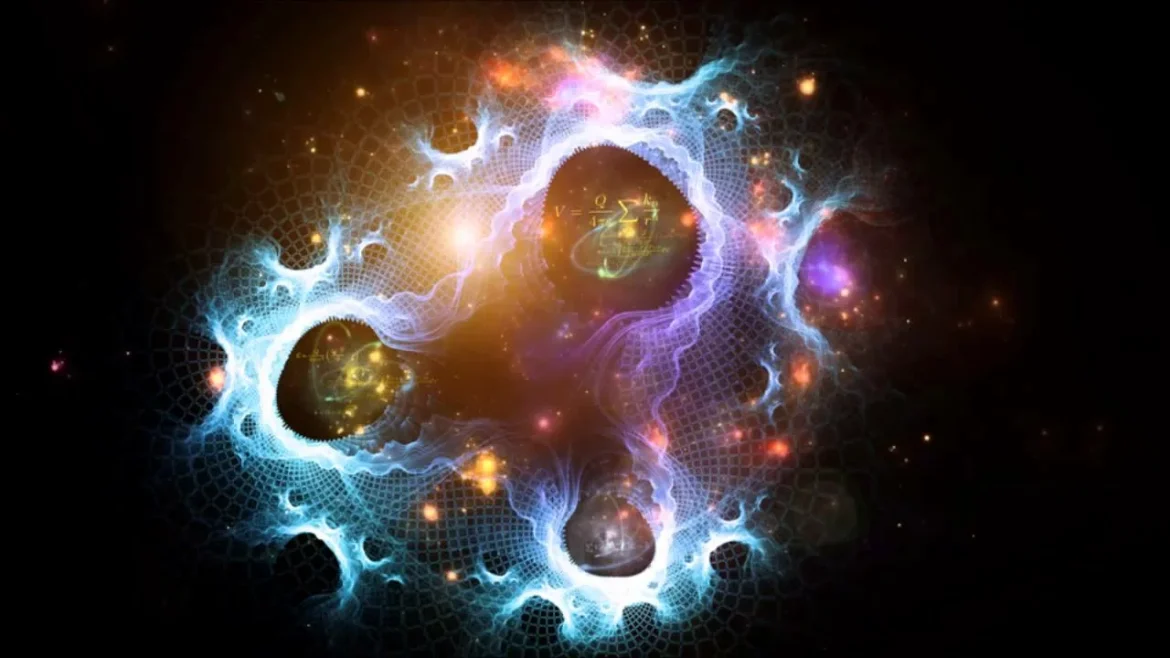3. Uncertainty Principle
Proposed by Heisenberg, this principle states that certain properties (like position and momentum) cannot both be known with arbitrary precision. The more precisely we know one, the less precisely we know the other. This is not a limitation of measurement, but a fundamental property of nature.
Advertisement
How Quantum Mechanics Reshaped Science
1. Atomic and Subatomic Physics
Quantum mechanics explains:
-
Why atoms are stable.
-
The structure of the periodic table.
-
The behavior of electrons in atoms and molecules.
Without quantum theory, chemistry as we know it would not exist. It explains chemical bonds, reactions, and even biological processes like photosynthesis and vision.
2. Semiconductors and Modern Technology
Quantum mechanics is the foundation of electronics. Transistors, diodes, and semiconductors all rely on quantum principles. This means that your smartphone, computer, and the internet would not exist without quantum theory.
Additionally, lasers, MRI machines, and LEDs are all direct applications of quantum physics.
3. Quantum Field Theory and the Standard Model
Quantum mechanics combined with special relativity leads to quantum field theory (QFT)—a framework for understanding particles and forces. QFT underpins the Standard Model of particle physics, which describes:
-
Fundamental particles (quarks, leptons, etc.).
-
Fundamental forces (electromagnetic, weak, strong).
The discovery of the Higgs boson in 2012 at CERN was a triumph of quantum theory.
4. Cosmology and the Early Universe
Quantum mechanics also plays a crucial role in cosmology. It explains the quantum fluctuations that led to the large-scale structure of the universe we see today. In fact, many theories of the Big Bang, inflation, and dark energy rely on quantum physics.
Some physicists believe that reconciling quantum mechanics with general relativity will lead to a quantum theory of gravity—perhaps via string theory or loop quantum gravity—potentially unlocking the secrets of black holes and the origin of time itself.
Quantum Mechanics in the 21st Century
Quantum Computing
One of the most exciting modern applications is quantum computing, which leverages superposition and entanglement to perform computations far beyond classical capabilities.
Quantum computers could:
-
Break current encryption methods.
-
Simulate molecules for drug discovery.
-
Solve optimization problems in logistics and finance.
While still in early stages, companies like IBM, Google, and startups like Rigetti are making rapid progress.

